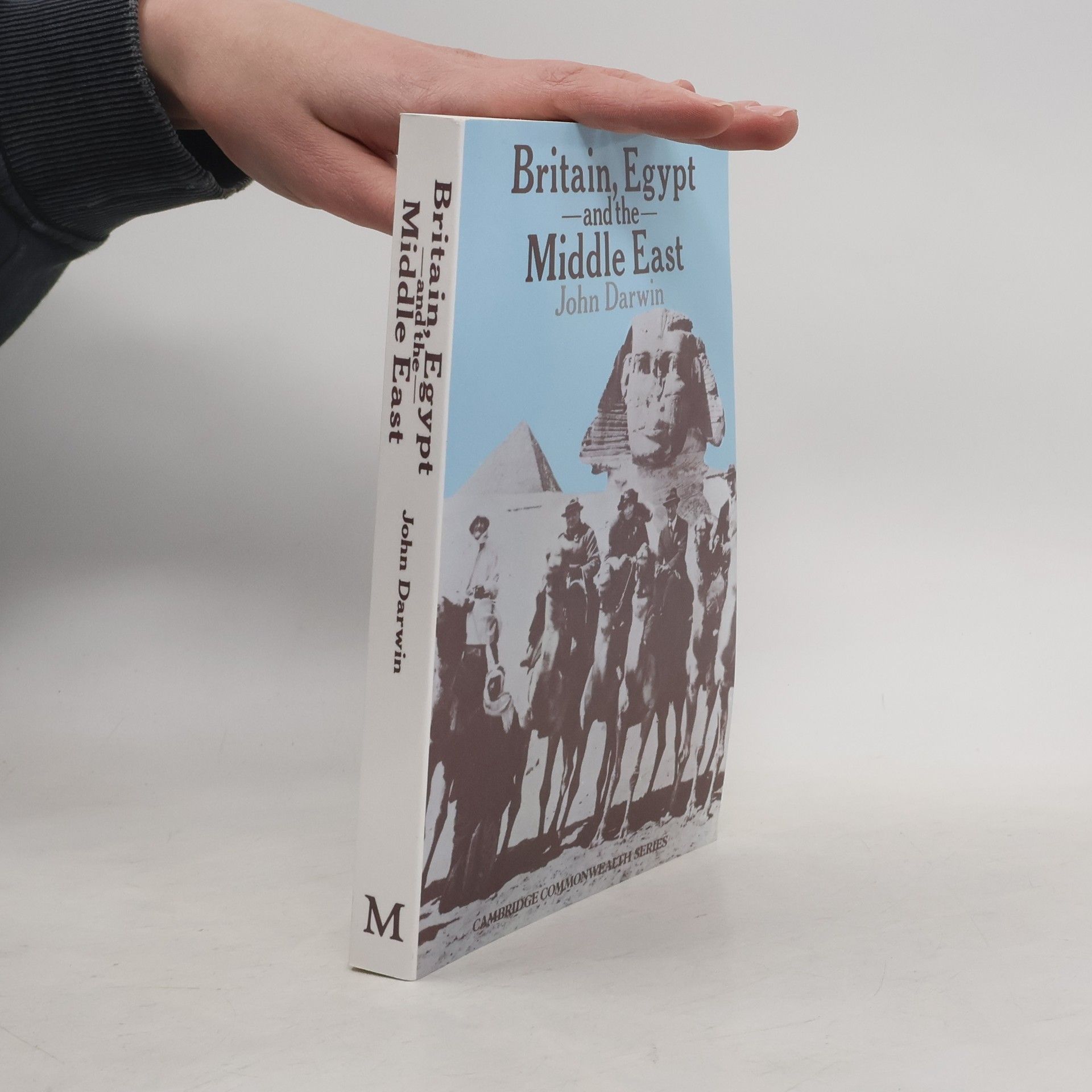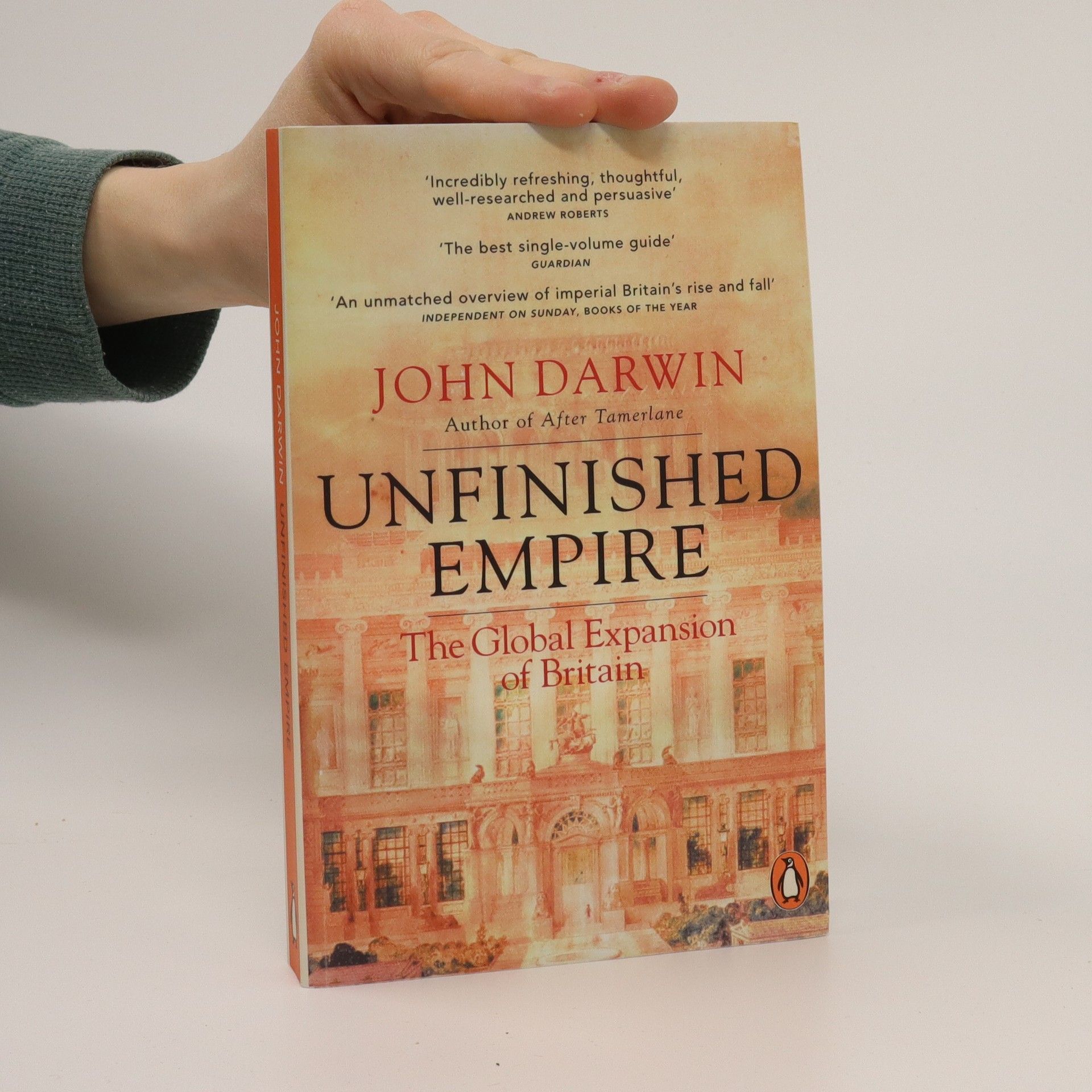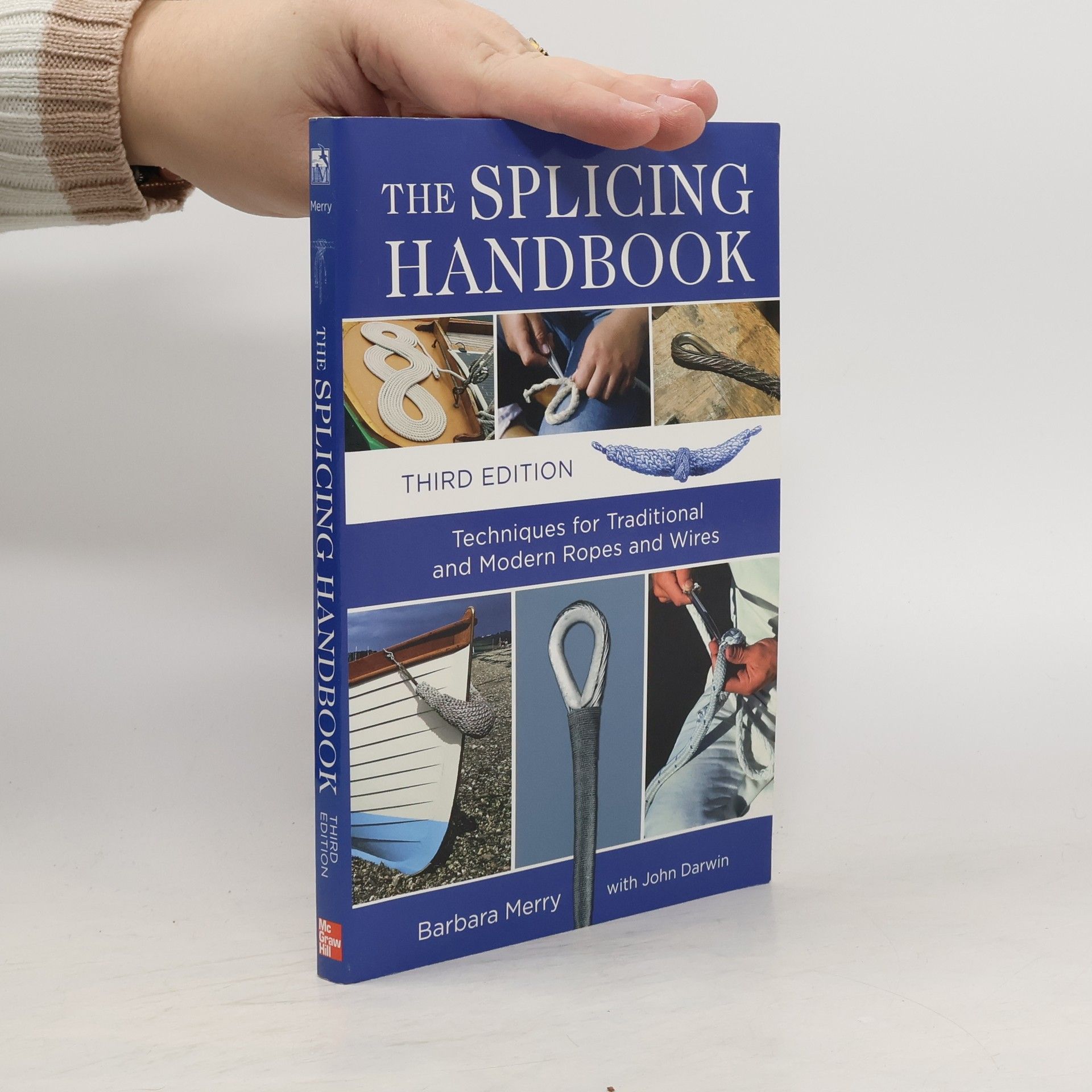From the acclaimed historian of global empire, the dramatic story of how steam power reshaped our cities and our seas, and forged a new world order Steam power transformed our world, initiating the complex, resource-devouring industrial system the consequences of which we live with today. It revolutionized work and production, but also the ease and cost of movement over land and water. The result was to throw open vast areas of the world to the rampaging expansion of Europeans and Americans on a scale previously unimaginable. Unlocking the World is the captivating history of the great port cities which emerged as the bridgeheads of this new steam-driven economy, reshaping not just the trade and industry of the regions around them but their culture and politics as well. They were the agents of what we now call 'globalization', but their impact and influence, and the reactions they provoked, were far from predictable. Nor were they immune to the great upheavals in world politics across the 'steam century'. This book is global history at its very best. Packed with fascinating case histories (from New Orleans to Montreal, Bombay to Singapore, Calcutta to Shanghai), individual stories and original ideas, Darwin's book allows us, for better or worse, to see the modern age taking shape. 'A fine, important and original book ... wonderful' Paul Kennedy, Literary Review
John Darwin Knihy
Tento historik se zaměřuje na historii evropského imperialismu a Britského impéria v letech 1880–1970. Jeho práce se hluboce zabývá historií a politikou dekolonizace. Svým výzkumem přispívá k pochopení složitých procesů, které formovaly moderní svět. Jeho perspektiva z Oxfordské univerzity nabízí cenný vhled do této klíčové éry.






A both controversial and comprehensive historical analysis of how the British Empire worked, from Wolfson Prize-winning author and historian John Darwin The British Empire shaped the world in countless ways: repopulating continents, carving out nations, imposing its own language, technology and values. For perhaps two centuries its expansion and final collapse were the single largest determinant of historical events, and it remains surrounded by myth, misconception and controversy today. John Darwin's provocative and richly enjoyable book shows how diverse, contradictory and in many ways chaotic the British Empire really was, controlled by interests that were often at loggerheads, and as much driven on by others' weaknesses as by its own strength.
After Tamerlane: The Rise and Fall of Global Empires, 1400-2000
- 592 stránek
- 21 hodin čtení
"First published in the United Kindom by Penguin Books Ltd. in 2007"--T.p. verso.
The dramatic story of how steam power reshaped our cities and our seas, and forged a new world order Steam power transformed our world, initiating the complex, resource-devouring industrial system the consequences of which we live with today. It revolutionized work and production, but also the ease and cost of movement over land and water. The result was to throw open vast areas of the world to the rampaging expansion of Europeans and Americans on a scale previously unimaginable. Unlocking the World is the captivating history of the great port cities which emerged as the bridgeheads of this new steam-driven economy, reshaping not just the trade and industry of the regions around them but their culture and politics as well. They were the agents of what we now call 'globalization', but their impact and influence, and the reactions they provoked, were far from predictable. Nor were they immune to the great upheavals in world politics across the 'steam century'. This book is global history at its very best. Packed with fascinating case histories (from New Orleans to Montreal, Bombay to Singapore, Calcutta to Shanghai), individual stories and original ideas, Darwin's book allows us, for better or worse, to see the modern age taking shape.
Ultrasilence
- 64 stránek
- 3 hodiny čtení
From the provincial peccadilloes of Prestwich in Manchester to coffee houses and bars by the Bosporus in Istanbul, John Darwin explores life's three stages of arriving, staying for a bit, and then leaving. A poetic reflection on the ennui of the everyday, intermittent pleasures, and the quest to understand love and belonging.
Britain, Egypt and the Middle East
Imperial policy in the aftermath of war 1918–1922
- 333 stránek
- 12 hodin čtení
The Splicing Handbook
Techniques for Modern and Traditional Ropes, Third Edition
- 256 stránek
- 9 hodin čtení
The only reference devoted entirely to splicing today's ropes The Splicing Handbook includes step-by-step illustrations and explanations for the most useful and popular splices in traditional twisted and modern braided ropes, and it covers every kind of splicing project you are likely to encounter, including modern cordage such as Spectra; mainstream rope materials such as Dacron and nylon; and wire and rope-to-wire splices. Covers all the standard rope constructions using Dacron and nylon, including solid braid, double braid, parallel core, plaited, and three-strand Explains how to splice wire for sailboat shrouds and halyards Shows how to make a broad range of useful onboard projects--and several that will find uses around the home as well, including dog collars, netting, rope railings, and lanyards.
Das unvollendete Weltreich
Aufstieg und Niedergang des Britischen Empire 1600–1997
Englische Piraten in der Karibik, »Rotröcke« in den nordamerikanischen Kolonien, reiche Nabobs in Indien, fromme Missionare in Afrika, ans Ende der Welt verbannte Sträflinge in Australien, Marinesoldaten auf den Schiffen der Royal Navy – auch auf ihren Schultern ruhte das Weltreich, das Großbritannien ab dem 17. Jahrhundert im Dienste Ihrer Majestät errichtete. Auf seinem Höhepunkt um 1900 umfasste dieses riesige Gebilde ein Viertel der Menschen und der Landmasse der Erde. Doch wie gelang es den Briten überhaupt, ihr Empire aufzubauen? Wie beherrschten und verteidigten sie es fast 400 Jahre lang? Warum zerbrach es ausgerechnet im 20. Jahrhundert? Und was können andere Imperien daraus lernen? Der Oxforder Historiker John Darwin, einer der besten Kenner der Geschichte des British Empire, zeigt in diesem Standardwerk, warum sich dieses Weltreich so weit ausdehnen und so lange halten konnte – organisierte Gewalt, so seine These, habe zur Herausbildung einer Identität und zu dessen »Erfolgsgeschichte« wesentlich beigetragen.

